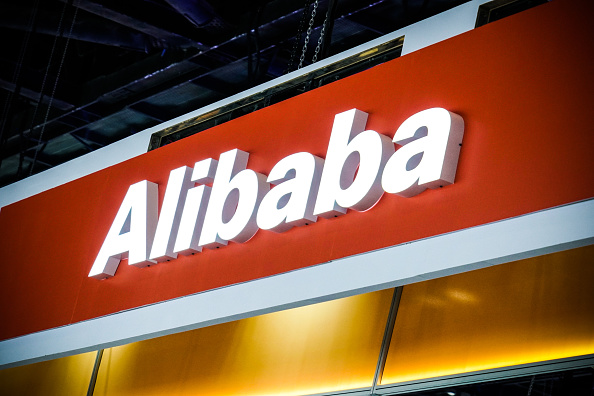Shanghai – Chinese e-commerce leader Alibaba Group said on Thursday its latest quarterly profit tumbled 81% and lowered its outlook in the face of slowing economic growth and a government crackdown on Big Tech.
Alibaba said profit came in at 5.37 billion yuan ($833 million) for the July-September period, falling from 28.77 billion yuan earned over the same stretch last year.
It cited no direct impact on its profit from the clampdown, instead blaming the decline on “increased investments in key strategic areas” such as lower-tier segments of its consumer markets and international operations.
However, revenue also slightly missed forecasts by analysts polled by Bloomberg News.
The Hangzhou-based company’s revenues – generated mainly by its core e-commerce operations – reached 200.7 billion yuan, up 29 percent.
It forecast revenue growth of 20-23% for the full 2022 fiscal year, down from at least 27 percent that had been expected by analysts.
Certain factors
Alibaba also said certain factors could further impact eventual results including “changes in laws, regulations and (the) regulatory environment” such as those related to privacy and data.
Alibaba’s earnings have been anticipated as a gauge of how one of the country’s highest-profile companies was faring under the government’s drive to rein in big tech.
Chairman and CEO Daniel Zhang, speaking after the earnings announcement, said Alibaba would continue to invest heavily in developing its businesses and that company executives remained “very confident in our business strategy and our future.”
Earlier on Thursday, Alibaba’s main e-commerce rival JD.com announced that it had fared even more poorly, posting a loss of 2.8 billion yuan.
Both companies have shares listed in the United States and Hong Kong.
Alibaba shares in New York tumbled more than 10 percent in late morning trading. JD.com rose three percent.
Digital transformation
China’s ruling Communist Party has relied upon its tech giants to push forward a digital transformation in the country.
But it abruptly turned on the sector late last year as concerns mounted over its aggressive expansion and allegations of monopolistic practices and data abuses – paralleling similar unease with tech firms in the United States and elsewhere.
Alibaba was first to feel the wrath. Last year the government scuppered what would have been a world-record stock IPO by Alibaba’s financial arm, Ant Group, and in April fined Alibaba a record $2.78 billion for anti-competitive practices, which dragged Alibaba to a rare quarterly loss earlier this year.
The government has also introduced new regulations and other curbs aimed at bringing major Chinese digital players to heel, sending their share prices tumbling.
Last week, gaming and messaging giant Tencent reported its slowest revenue growth since 2004. The government’s crackdown has included measures to restrict playing time by minors and has slowed approvals for new titles in the world’s biggest gaming market.
Government pressure
On Wednesday, Baidu reported a net loss as the government tightening appeared to have weakened prospects for its important online marketing revenues.
Alibaba reported record sales on its platforms during its annual November 1-11 “Singles Day” shopping festival – China’s answer to the US “Black Friday” event – though it was markedly more low key than in past years due to the government pressure.
Alibaba platforms processed more than $85 billion worth of transactions during the promotion, a new record, but the rate of growth was well below past years as the company faces increasing competition from rivals like JD.com and Pinduoduo.
Follow African Insider on Facebook, Twitter and Instagram
Source: AFP
Picture: Getty Images
For more African news, visit Africaninsider.com


